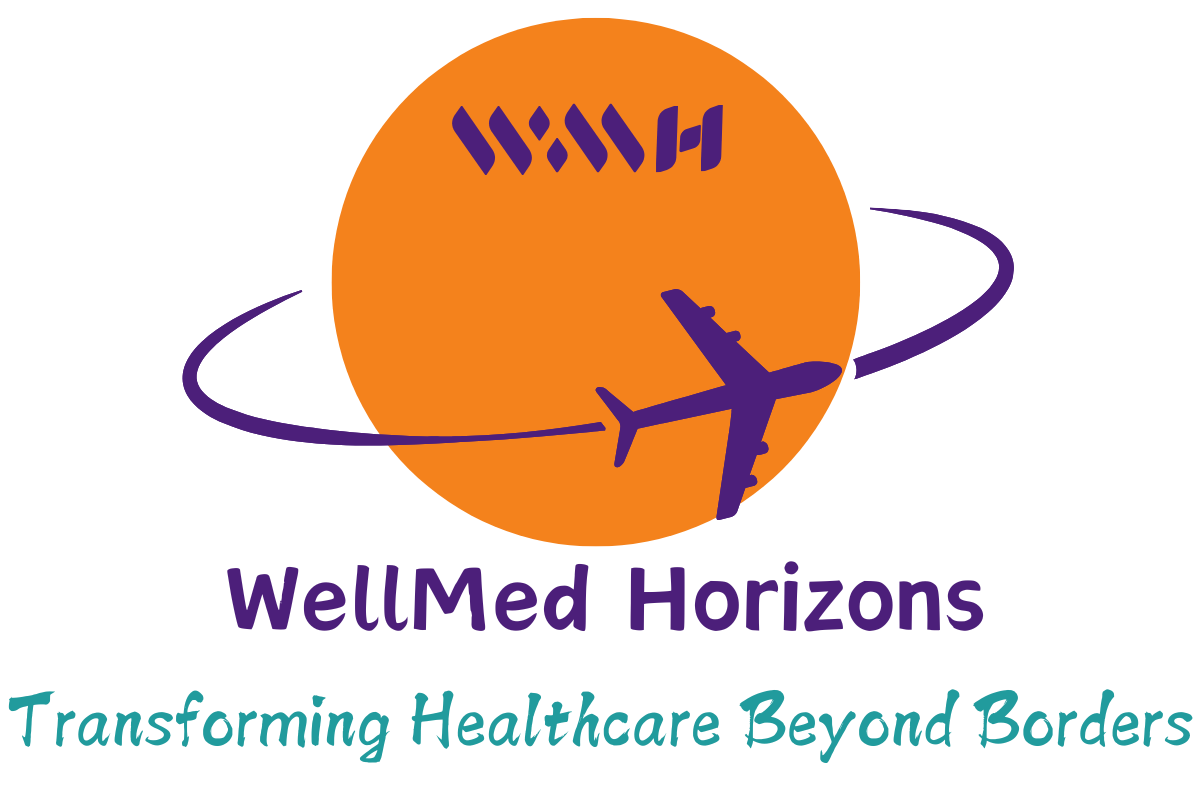Corporate Wellness: The Key to Thriving Workplaces Amid Growing Demand
Employee disengagement, burnout, and workplace stress cost organizations billions – an issue widely recognized, yet persistently challenging to address. Corporate wellness initiatives, particularly structured wellness retreats, are evolving from a luxury to an essential strategy. These programs foster healthier, happier, and more engaged employees while delivering measurable returns for employers.
The Growing Problem of Disengagement and Stress in the Workplace
A Gallup survey reveals that 85% of employees worldwide are disengaged, costing the global economy a staggering $7.8 trillion annually. Additionally, workplace stress has reached epidemic proportions. According to the American Institute of Stress, 83% of workers report stress, with 1 million employees absent daily due to stress-related conditions. This leads to higher healthcare costs, declining mental health, and soaring attrition rates, making it imperative for companies to address this issue.
Corporate Wellness Programs: A Strategic Solution
Structured corporate wellness programs are proving to be a game-changer in reversing these trends. By integrating activities like mindfulness workshops, physical fitness sessions, and stress management programs, organizations can mitigate workplace challenges effectively.
- For Employers: Wellness programs lead to reduced absenteeism, lower healthcare costs, and improved retention. A healthier workforce is more productive, collaborative, and innovative.
- For Employees: These initiatives offer better work-life balance, enhanced mental and physical health, and increased job satisfaction, creating a supportive environment for personal and professional growth.
Corporate Wellness Retreats: A Win-Win Solution
Wellness retreats have emerged as a powerful tool in corporate wellness. Tailored to address stress and burnout, these retreats blend relaxation with activities that promote collaboration, personal development, and mental clarity.
- Relaxation Meets Productivity: Employees benefit from rejuvenating environments that combine yoga sessions, mindfulness training, and therapeutic treatments. These activities improve focus and emotional well-being.
- Stronger Team Dynamics: Interactive workshops and group activities foster trust and collaboration among team members, strengthening workplace relationships.
- Measurable Benefits: Companies investing in wellness retreats report a 21% increase in employee engagement and a 28% reduction in workplace stress, showcasing the tangible impact of these programs.
Corporate Wellness Tourism: An Emerging Trend
Corporate wellness tourism is becoming a natural offshoot of MICE (Meetings, Incentives, Conferences, and Exhibitions) tourism. As executives and employees seek opportunities to blend work with wellness, destinations are offering retreats that combine luxury accommodations with holistic wellness activities.
Countries like Thailand, Costa Rica, and Bali are positioning themselves as corporate wellness hubs, offering programs that range from spa treatments to mindfulness workshops in serene environments. These retreats align business goals with relaxation, providing executives and teams a chance to recharge while maintaining productivity.
Corporate wellness programs, particularly structured retreats, are a strategic investment offering immense benefits for both employers and employees. By prioritizing well-being, organizations can drive engagement, reduce stress, and create thriving workplaces.

